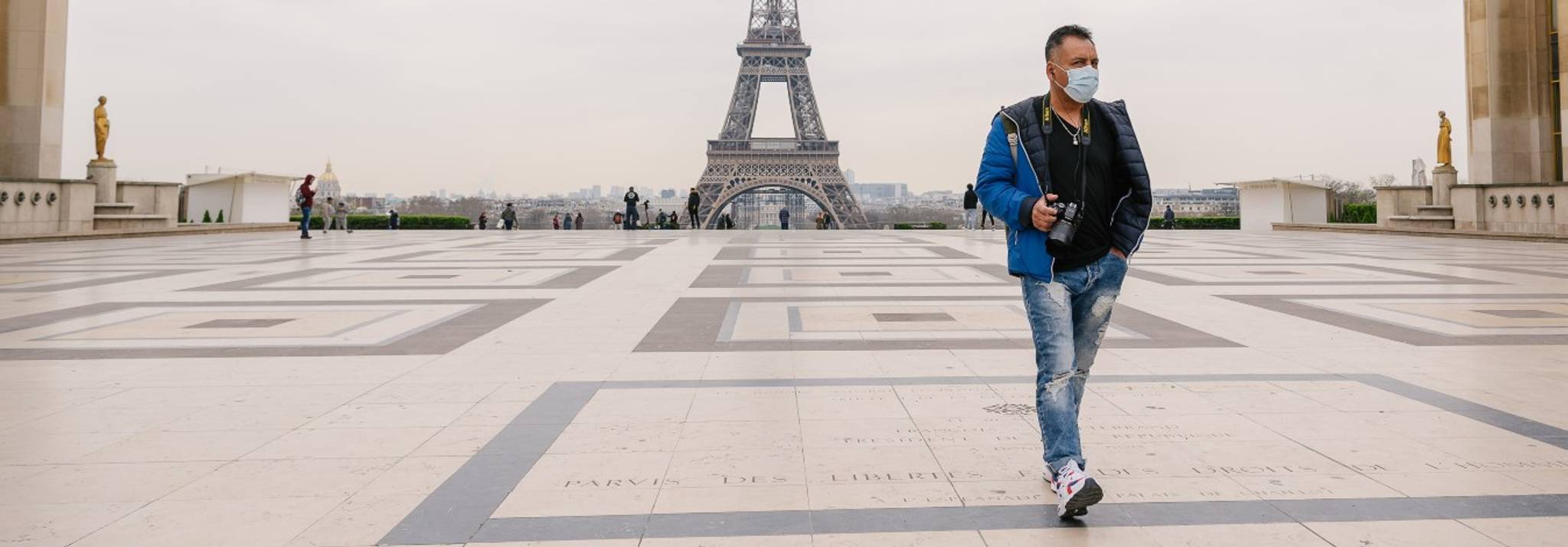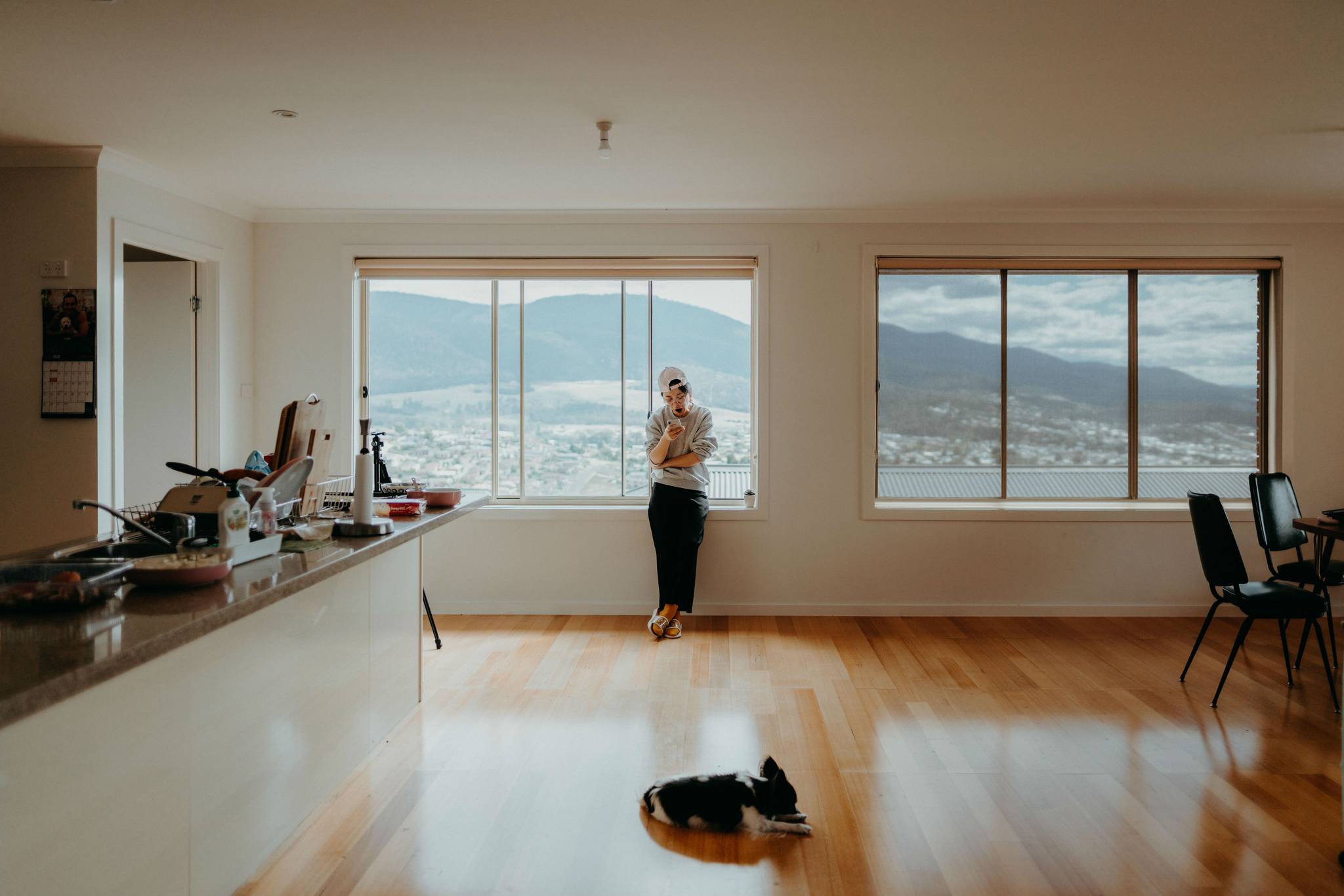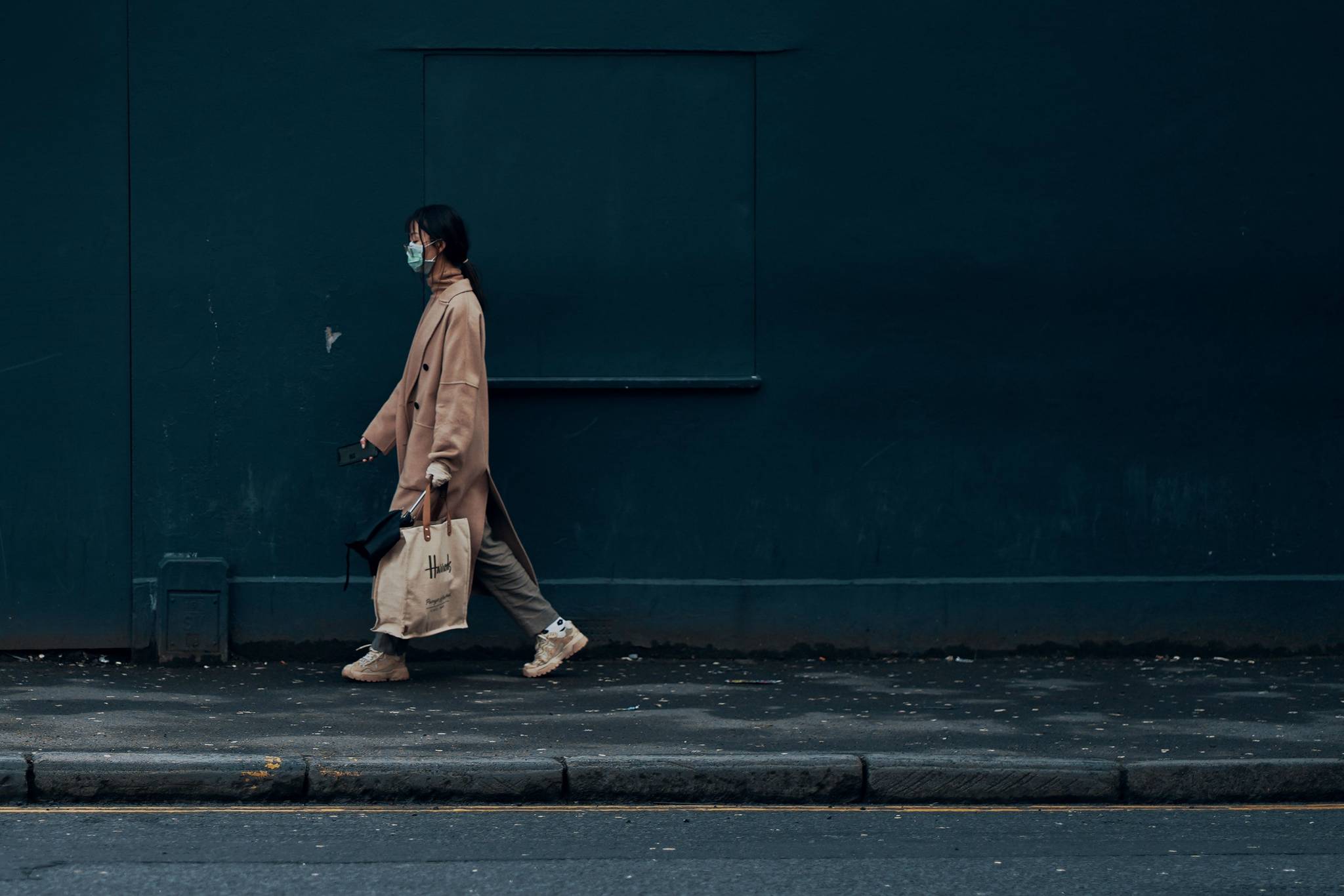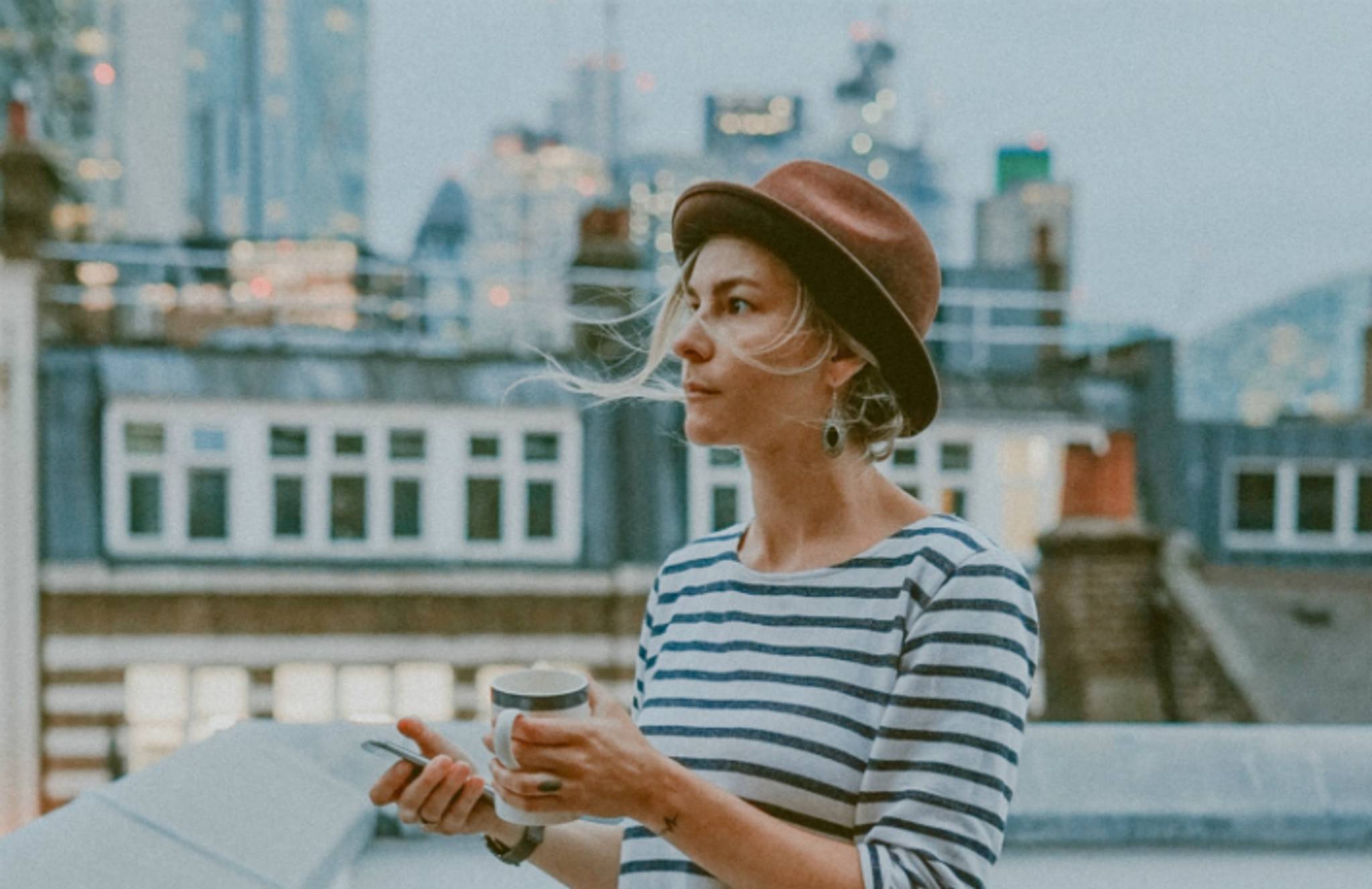
This pandemic is now the most significant global event of the 21st century. The trillion dollar question is: what do we do now, and what will this mean after?
It’s extremely rare that an event touches everyone in some way and forces behaviours to change so dramatically. With the Pandemic Culture report and webinar series, our aim is to help people understand these shifts.
As of the end of March 2020, a third of the world’s population is on some form of a COVID-19 lockdown. In the US, 250 million Americans have been told to stay at home. India has ordered 1.3 billion people to stay indoors for 21 days and Russia is threatening up to seven years in prison for serious quarantine violations.
Faced with a decision between health and the economy, the world has chosen health. We can take this as a sign that direct and immediate impacts on human life will be a priority during this crisis. But the forecasts are clear: the economy will be in bad shape afterwards, and this will take its own indirect toll on human life.
Organisations will be forced to operate in two modes. There’s crisis mode, which means being pragmatic and humanitarian throughout the outbreak, and then there's post-crisis mode, where brands will work to adjust within a new consumer and category landscape. Based on historical examples, we’ve broken down what’s happening into five stages – denial, anxiety, adjustment, re-evaluation, and new normal. Each stage means different things for people's behaviour and for society, and so each requires a different tone, mode of operating, and style of leadership.
Based on our model, as we begin April 2020, we’re in the anxiety phase – a feeling that many people are already familiar with. People who have never had anxiety are having their baseline pushed to the level of those who experience general anxiety disorders, and this is boosting interest in better understanding mental health. Anxiety is a necessary phase to move us out of denial as it pushes people to take the threat seriously, wash their hands, and adhere to social distancing guidelines. Like fear, situational anxiety can spread by ‘social contagion’ – that is, it can spread from one person to another.
Here are a few ways that brands can help. These and more are explored further in the report.
People are seeking structure – re-create everyday normality
People want control and escape – delineate between fight and flight
People want to feel good – treat wellbeing expansively
To do this, we’re building a rapidly evolving analysis of what is actually happening and why during this crisis, but within a long-term framework that enables us to monitor the pandemic over its lifecycle and even post-crisis.
Want to know more? Sign up for the webinar series here.



